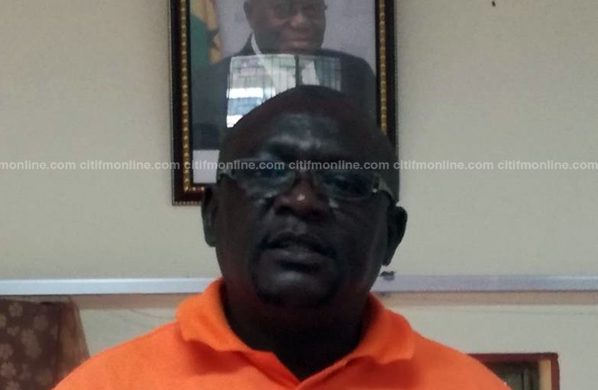A damning report compiled by Non-Governmental Organization called Centre for Active Learning and Integrated Development (CALID) has revealed that 48.5% of basic school pupils in the Sagnarigu District of the Northern Region could neither read simple letter words or work out simple numeracy from grade 2 symbols.
CALID’s Executive Director, Mohammed Awal Sumani Bapio decried the situation at a day’s stakeholders forum organized in collaboration with OXFAM Ghana.
He thereby called for the establishment of more libraries in basic schools to overturn the situation.

According to Mohammed Awal Sumani Bapio, CALID in partnership with OXFAM Ghana conducted research in the Sagnarigu, Sawla-Tuna-Kalba and Kpandai districts on basic school pupils reading skills.
He said a sample size of 925 school children comprising 433 girls and 492 boys from Primary 1 to Junior High School 3 were assessed in 20 Electoral Areas of the Sagnarigu District.
He narrated that the assessment was conducted by volunteers under a project codenamed, “Citizen-Led Assessment: Strengthening Citizens’ Action on Learning and Empowerment (SCALE).”
“The study examined the extent to which every child who is of school age has learned in terms of basic literacy and numeracy skills in order to survive the 21st century learner space,” Sumani Bapio explained
“The bedrock of real learning lies in the ability to read and understand but when a child in lower and upper primary school as well as JHS cannot read and make meaning out of what they see written on paper or on a chalkboard, then that is very serious.”
“Comparing the Sagnarigu District to the Kpandai and Sawla-Tuna-Kalba Districts, though the former is better than the latter, the study result of the three districts is still nothing to write home about.”
A representative of the Sagnarigu District Education Directorate, Mohammed Fuseini urged parents to get involved in the assessment of their children in school.
Participants at the forum attributed the phenomenon to lack of parents interest in monitoring their children’s performance, poor teacher instructions and government’s failure to provide the requisite learning and teaching materials.
They also cited weak structures of many Parent Teacher Associations and School Management Committees as a major cause.
The participants advocated the independence of the Ghana Education Service devoid of government’s interference.
–
By: Abdul Karim Naatogmah/citifmonline.com/Ghana

